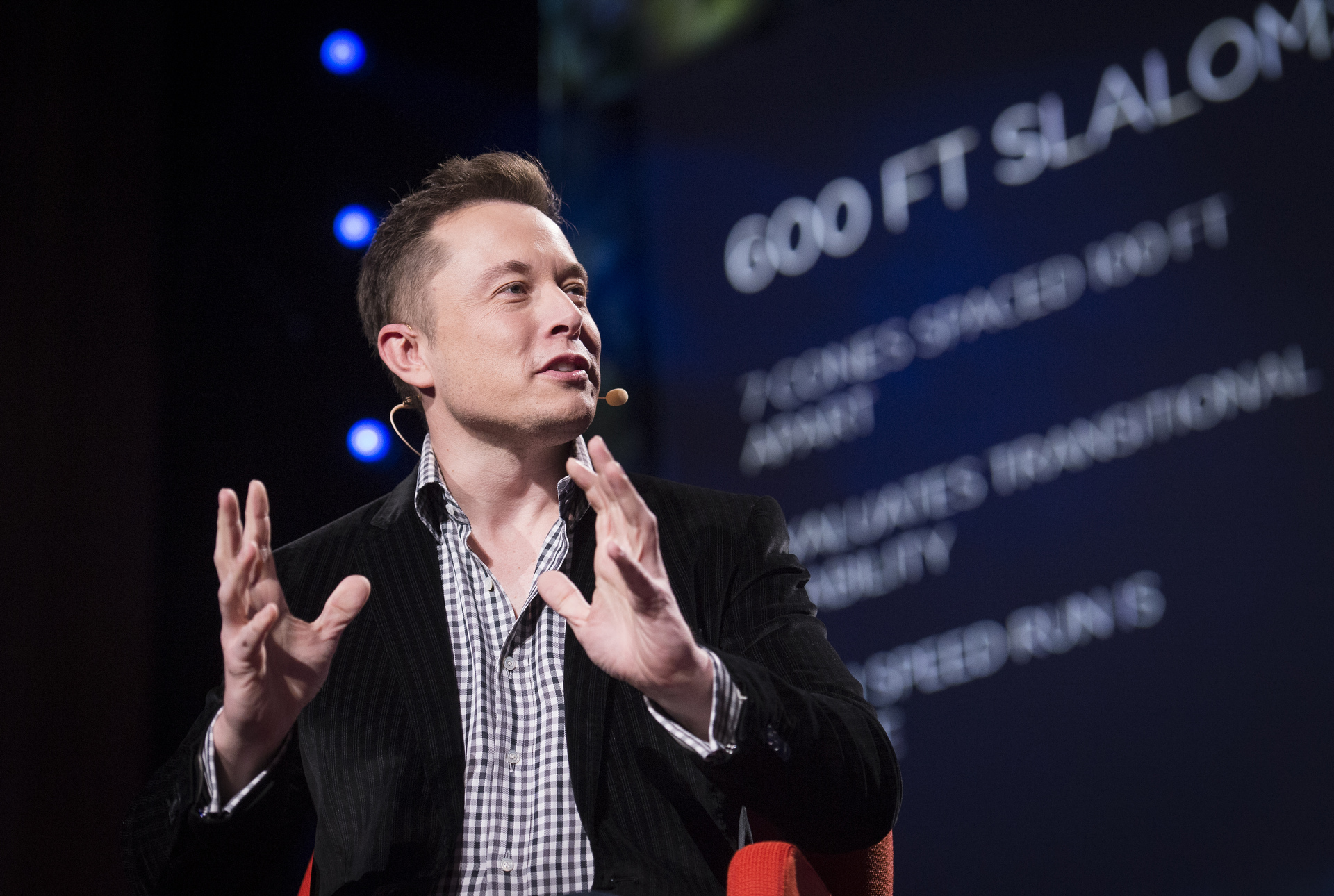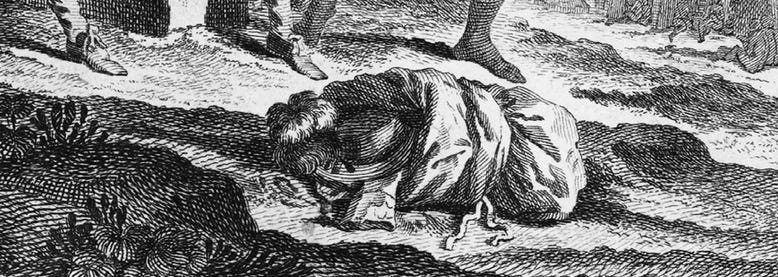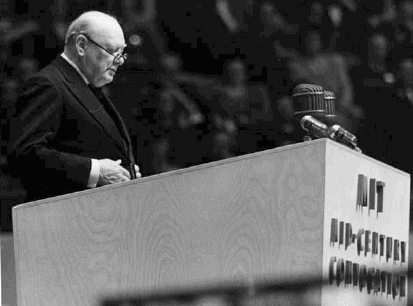By: Alex Priou
My job is to teach Humanities courses to Engineering majors, courses that treat in one way or another the place of science and technology in political life. Each semester, I impress upon them the necessity of wrestling with the benefits and ills of the modern world, specifically by considering its origins and alternatives. This task has become all the more pressing in the midst of the COVID-19 pandemic, exacerbated as it has been by our interconnected world. For this reason, my students have been quicker than ever to acknowledge the questionable relationship between technology and happiness. Their openness to such questions has proven to be a silver lining to the pandemic’s dark cloud.
My students enter my courses inclined to think of the modern world as uniquely equipped to address such problems. But to what extent, we ask, does a technologically sophisticated age rather exacerbate them? They are quick to acknowledge that they face systemic challenges: global warming threatens their natural lives, Instagram and Tinder their social lives, and disinformation their political lives. When pressed on solutions, they invariably lean on emerging technologies. The solution to problems borne of technology is, they hope, more technology.
One of my colleagues calls this hope their technological optimism. He does not mean it as praise. Their hope is rather a dilemma. Some have chosen their majors out of a sense of duty. But when I challenge them as to how to fulfill it, the most intelligent and ethically minded among them begin to wonder whether technology complicates rather than solves these systemic problems. They might even suspect that their optimism is a matter of faith rather than reason. They know that duty calls them, but they are not so sure to where.
Here, the risk of collapse into cynicism, even nihilism is by no means small. Such risk, we suspect, attends only the deepest of dilemmas, and deep is theirs indeed. Together we read the founders of the modern scientific project, figures like Francis Bacon and René Descartes, who bring them face-to-face with the goal of modernity, the mastery and possession of nature for the alleviation of our ills and the maximization of our comfort. Their optimism, they come to see, is the result of centuries of conditioned thinking. So habituated to this aim are they that only now may they begin to recognize it as a habit, as a convention rather than a natural disposition.
In our discussions, we are inevitably led to ask whether we can master nature, when we are a part of it. We study nature’s machinations, so we can do more, yet every increase in our power paradoxically renders us more powerless. Technology appeals to our vanity, that we alone can be the cause of our well-being. Yet in so doing, it obscures how much we are also the effect. They agree that we can fly around the world with ease, yet only by gradually destroying it, or that a nation can easily “gather” through social media, yet only by surrendering unprecedented amounts of personal information. What’s worse is that widespread participation makes the cost of abstention simply too high.
In short, as our mastery grows more systemic, so too do its unintended consequences. Gone are the days of worrying about individual streams being polluted, arrived is the age of anxiety about a global shortage of potable drinking water. STEM students grappling with such problems are at risk of nihilistic despair because, for them, problem solving is inseparable from technology. What are they to do, then, when technology itself has become the problem? And what about those of us who think similarly?
Their commitment to technology, and unease with that commitment, are fertile grounds for questioning; such questioning is the silver lining that, as a teacher, I enjoy and provoke. What should our comportment towards technology be? What ends should it serve? Is technology itself the problem? Or should we instead blame our desires, as it is to them that technology caters?
Suspicions about technology necessarily take students beyond the horizon of modernity to the perennial question of the relationship between science and politics. On this topic there is no profounder meditation than Plato’s Republic, a dialogue between Socrates and some young men, in which they contrive, in speech, an ideal political community, governed by those whose claim to rule stems not from wealth nor aristocratic lineage but from completing an education that equips them to know what to do. Here, knowledge rules.
What speaks to their peculiar dilemma so well is Plato’s critique of the technically advanced political community—or, as Socrates puts it, the luxuriant city of arts or technai, the Greek term serving as the root of our “technology.” This city of arts only gets attention in the Republic because Glaucon, one of the young men with whom Socrates is speaking, demands the literature, music, entertainment, and food readily available to him in sophisticated Athens. Like us, Glaucon protests simplicity and demands luxury.
This luxuriating and swollen city, as Socrates puts it, requires purging, which to us might sound like an unseemly and anti-scientific rejection of innovation. But Socrates still gives knowledge pride of place, for only those with the requisite knowledge have a just claim to the highest offices in this community. Rather, in full awareness that technology caters to our desires, Socrates advocates for an education that forms them in such a manner that what directs innovation is the common good. It is primarily with respect to that education that Socrates says innovation is not permitted.
“Purging” the city of arts is not, therefore, anti-science. It is rather a properly developed science, in that it fulfills its self-proclaimed goal of bettering the whole community. We tend to think of technological innovation as making life easier, as being useful. The present dilemma, however, has made our understanding of what is useful less clear. Of what “use” is a technology, we justly ask, if it makes us dependent on systems that appear doomed for collapse? What we mean by the useful, or by the good, is certainly an old question, if not the oldest, but it is still an open one.
Bacon and Descartes exhorted us to gain control of the natural world so as to make it more hospitable, and in that we have succeeded amply. But hospitable to what? To what desires and passions? Whoever surveys the topography of the sciences today possesses a map of the contemporary psyche. How many commentators today speak of our “addiction” to social media or “faith” in developing technologies? Such passions as addiction or faith have, in the past, failed to win their cases before the tribunal of reason. So why do they now have a seat on it? Why do they now preside?
The peak of Plato’s Republic describes an education that is every bit as necessary to a healthy polity as it is impossible. That is, Plato would have us react to political idealism with a healthy skepticism and its practical offspring, moderation. Yet this is not stiff-lipped austerity: we cannot help but traverse the path forward, the bridge across. But if technology has so altered our lives that, as Churchill noted, “the Muse of History, to whom we all so confidently appeal, has become a Sphinx,” how do we know that the bridge leads anywhere at all?
If our bridge leads nowhere, then my students’ incipient nihilism has its merits. Yet if we direct our attention away from our path, we may become circumspect enough to notice the possible routes aside. It may be that a wrong turn in the past means we must now withdraw or soon face the consequences. Perhaps the closest simulacrum to virtue that an educator can now impart to his students is the moderation, if not to want otherwise, then at least to pause and check the map.
Alex Priou is an instructor in the Herbst Program for Engineering, Ethics, and Society at the University of Colorado, Boulder. He is also a co-host over at The New Thinkery: A Political Philosophy Podcast, and he has written a book on Plato’s Parmenides, called Becoming Socrates.
Image: Elon Musk at TED2013: The Young, The Wise, The Undiscovered, 2013, by James Duncan Davidson (CC BY-NC 2.0)













Leave A Comment